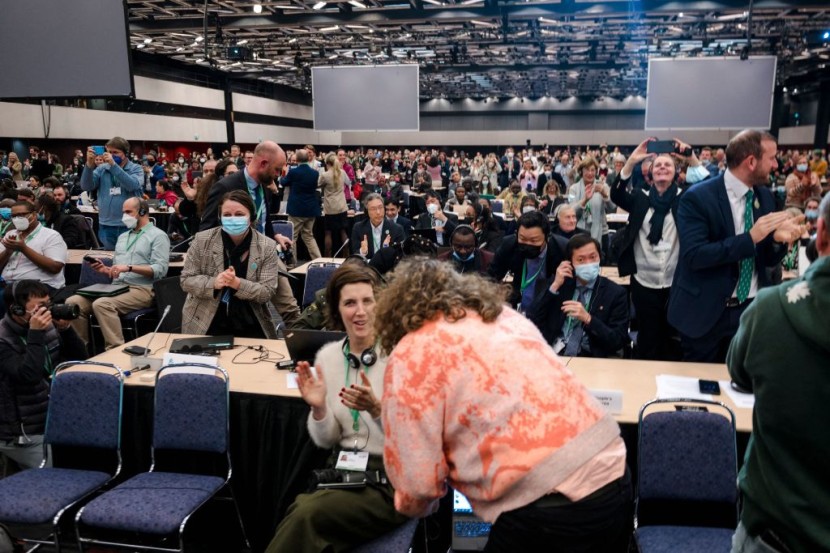
The recent COP15 Biodiversity Summit resulted in officials agreeing on a historic plan to halt the decline of wildlife and ecosystems around the world.
The agreement came after two weeks of negotiations and is officially known as the Kunming-Montreal Global biodiversity framework. It includes a 30 x 30 pledge that is the central pillar of the agreement. It is where countries agree to protect 30% of land and water by 2030.
COP15 Biodiversity Summit
This was considered a key ambition and it was considered a deal breaker for the whole agreement. Prior to the start of the summit in Montreal, more than 100 countries had already signed up.
During the negotiations, there were suggestions that the pledge might have to be watered down, resulting in the nations that championed 30 x 30 quickly pushing back. In a statement during a press conference, UK environment minister Zac Goldsmith said that they could not afford to leave Montreal without banking on this particular commitment.
The campaign director for the non-profit Avaaz, Oscar Soria, said that extinction does not negotiate with anyone, arguing that the science was clear that we need to protect at least half of our planet by 2030, as per BBC.
Environmental advocates have argued that the latest agreement could be the last line chance for humanity to reverse the decline of nature. Due to companies and governments bulldozing forests and prairies, ecosystems and the services they provide, including pollination for food crops, are vanishing.
Now, roughly one million species of animals are at risk of extinction and many other wildlife populations have, on average, declined by nearly 70% in the last five decades. The director general of WWF International, the world's largest environmental organization, Marco Lambertini, said that the figures were terrifying. The Earth has lost nearly half of its forests and half of its coral reefs.
Rate of Extinction Worldwide
According to Vox, biodiversity talks such as COP15 tend to draw far less attention than other big climate conferences, such as COP27 which was held in Egypt. There were only a couple of heads of state that showed up in Montreal. Furthermore, there were no A- or B-list celebrities that attended the conference.
However, the agreement that the conference produced is groundbreaking with wide-ranging implications for various corporations, financial institutes, and governments. Canada's minister of environment and climate change, Steven Guilbeault, said that they have taken a great step forward in history with the agreement.
After the agreement was adopted, he said that COP15 was the most significant UN conference on biodiversity in history. Now, the question becomes whether nations will actually be able to achieve all of the 23 targets within the eight-year deadline.
Currently, biodiversity is declining worldwide at a rate that has never before been seen in human history. Researchers have also projected that a million plants and animals are at risk of extinction, many of which are within decades. The last time that such a magnitude of extinction was observed was the time when the dinosaurs were killed off 65 million years ago, the New York Times reported.
© 2025 HNGN, All rights reserved. Do not reproduce without permission.








